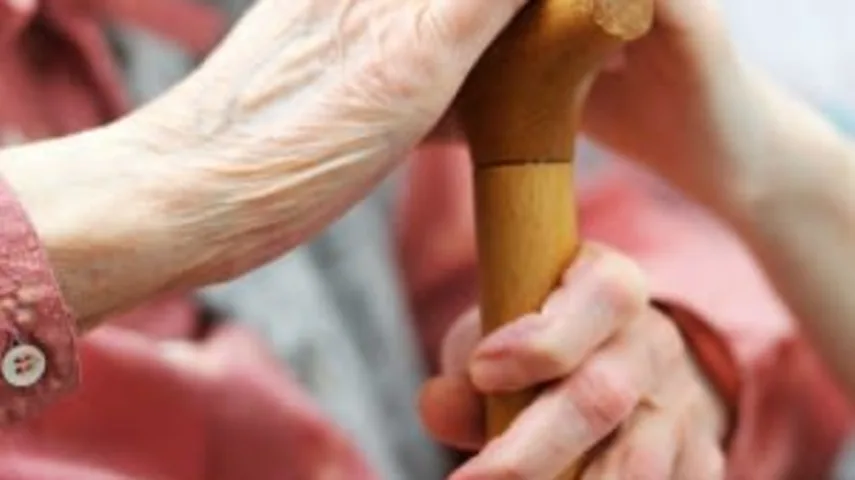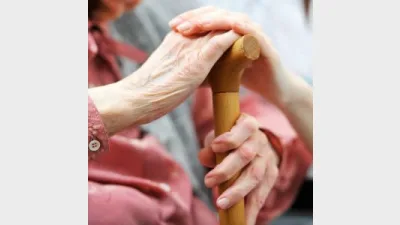New scheme to help older couples with low super



New legislation aimed at encouraging older Australians to downsize their homes is likely to help those couples with lower superannuation balances, consulting and actuarial firm Milliman has said.
The new scheme would allow Australians aged 65 and over to sell a long-held home and divert up to $300,000 per person into their super as of July 1, 2018.
Those contributions would be exempt from existing super contribution restrictions, including the age test, work test, and the $1.6 million tax-free balance cap, which initially raised fears the benefits would flow to wealthy retirees.
However, Milliman said its modelling shows that the relative benefit is skewed towards couples with lower super balances, due to its interaction with the Age Pension.
For example, a couple with just $100,000 in super could expect a $27,759 boost in their real annual income if they sold their family home and invested $600,000 of the proceeds into their super, the firm said.
A key reason behind this was the Age Pension eligibility threshold, for couples who own their own home, of $380,500 in assets, which cuts out completely at the upper limit of $837,000.
In other words, for a couple with a balance of $100,000, nearly half of the downsize proceeds, $285,500, would not factor into the Age Pension asset test, being under the threshold, Milliman explained.
Milliman Consultant Jeff Gebler said the analysis highlights the potential benefits from releasing home equity and downsizing, assuming retirees are equally or better suited to less expensive properties.
“The stabilising impact of the Age Pension means that it is also relatively more beneficial to retirees with lower super balances than those with higher balances, considering similar levels of home equity available for release,” he said.
“However, the circumstances for individuals vary and will depend on factors such as their spending needs, availability of home equity, and housing preferences.”
Retirees selling their primary residence would also incur a range of transaction costs such as stamp duty, real estate agent and legal fees, Milliman pointed out, while the purchase off a new property would incur yet another raft of costs.
The downsizing legislation, passed in December, would allow older Australians to unlock large sums of wealth to pay for productive purposes and aims to increase housing supply after a five-year east coast property boom locked many younger Australians out of the market.
Downsizing had been relatively uncommon among older Australians, according to Milliman.
However, a recent survey by advocacy group National Seniors found the new legislation would encourage 17 per cent of “stayers” – or those who didn’t intent to move – to consider downsizing, while nearly a quarter would consider downsizing if the sale proceeds were exempt from the Age Pension assets test.
Recommended for you
Australia’s largest super funds have deepened private markets exposure, scaled internal investment capability, and balanced liquidity as competition and consolidation intensify.
The ATO has revealed nearly $19 billion in lost and unclaimed super, urging over 7 million Australians to reclaim their savings.
The industry super fund has launched a new digital experience designed to make retirement preparation simpler and more personalised for its members.
A hold in the cash rate during the upcoming November monetary policy meeting appears to now be a certainty off the back of skyrocketing inflation during the September quarter.









